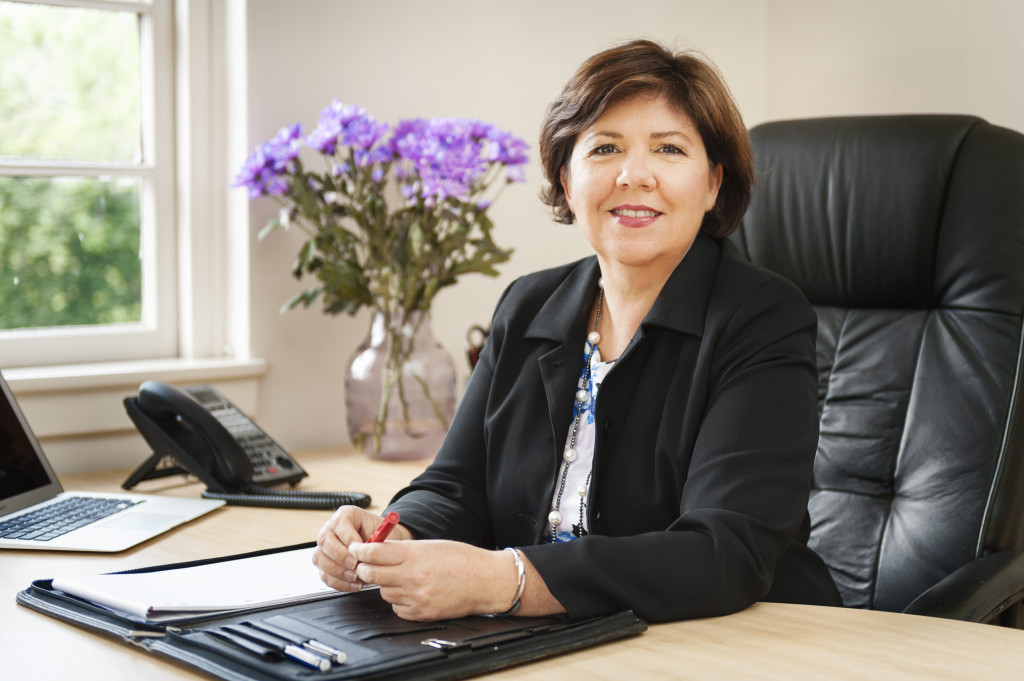The judicial facilities in the UK are designed to provide a fair and efficient environment where legal proceedings can be carried out.
15 Up-and-Coming Trends About Rochester Concrete Products…
17 mayo, 2025Лучшие джекпоты в онлайн-казино {Вулкан Платинум казино официальный сайт}: воспользуйся шансом на главный приз!
17 mayo, 2025The judicial facilities in the UK are designed to provide a fair and efficient environment where legal proceedings can be carried out.
 In civil matters, the supreme court is the Court of Session, located in Edinburgh. It is divided into the Outer House and the Inner House. The Outer House primarily hears first-instance cases, while the Inner House deals with appeals. This court has jurisdiction over complex and high-value civil disputes, including commercial litigation, judicial review, and constitutional matters.
In civil matters, the supreme court is the Court of Session, located in Edinburgh. It is divided into the Outer House and the Inner House. The Outer House primarily hears first-instance cases, while the Inner House deals with appeals. This court has jurisdiction over complex and high-value civil disputes, including commercial litigation, judicial review, and constitutional matters.
Scottish court proceedings are generally carried out in the English language, although Gaelic may be used in certain circumstances. Court procedures are governed by rules and protocols developed specifically for Scotland, such as the Criminal Procedure (Scotland) Act 1995 and the Rules of the Court of Session.
Above the Sheriff Courts is the High Court of Justiciary, Scotland’s supreme criminal court. It deals with the most serious crimes, such as murder, rape, and major drug offences. It also acts as the court of criminal appeal. Cases here are heard by a judge and, in most trials, a jury of fifteen people—a number that is distinctive compared to other UK jurisdictions.
In conclusion, legal aid in the UK is an essential component of the justice system, providing individuals with access to legal representation and advice, regardless of their financial circumstances. Despite facing significant challenges due to funding cuts and restrictions, legal aid remains a vital service for ensuring that everyone has the opportunity to access justice. Whether in criminal, civil, or family law cases, legal aid helps to level the playing field and ensures that the legal process is fair for all. With ongoing advocacy and reforms, there is hope that legal aid can be expanded and improved to better serve those in need in the future.
Scotland also has a separate system for youth justice, which places emphasis on rehabilitation rather than punishment. The Children’s Hearings System focuses on the needs and welfare of children and young people who commit offences or are in need of care and protection. Panels are made up of trained lay members and aim to provide holistic support and supervision.
County courts, which deals primarily with civil matters, including personal injury claims, breach of contract disputes, and family law cases. County courts are generally smaller than Crown Courts but still provide appropriate facilities to ensure that civil matters are resolved fairly. These courts are equipped with private consultation rooms for parties to discuss the case with their lawyers, waiting areas for the public, and facilities for filing legal documents.
Bailiffs and security personnel are responsible for ensuring the safety and security of everyone involved in court proceedings. They may be tasked with escorting defendants, witnesses, and other parties to and from courtrooms, as well as maintaining order during proceedings. Bailiffs also oversee the enforcement of court orders, such as eviction notices or the seizure of property. Security staff in the court building help protect against potential threats and ensure that the premises remain safe for judges, lawyers, and the public.
Furthermore, Access to court services can be limited in certain parts of the country, particularly in rural areas. Some individuals may have to travel long distances to reach their nearest court, which can be a significant burden, especially for those with mobility issues or limited financial resources.
If you are you looking for more information about 1to1Legal United Kingdom take a look at our web-page. The UK is made up of four countries: England, Wales, Scotland and Northern Ireland, and each has its individual legal system. The legal systems of England and Wales are unified, while Scotland and Northern Ireland maintain separate traditions and procedures.
A central element of legal aid in the UK is that it ensures representation for those who are unable to afford a lawyer. In criminal cases, legal aid provides defendants with access to defense lawyers to ensure that they are not disadvantaged due to their financial status. This is essential in maintaining a fair trial, as everyone has the right to legal representation, especially when faced with criminal charges that could lead to serious penalties such as imprisonment. Legal aid covers both the cost of the lawyer and any associated legal costs.
One of the defining features of the Scottish legal system is the use of a three-verdict system in criminal trials: “guilty,” “not guilty,” and “not proven.” The “not proven” verdict, unique to Scotland, results in acquittal but often carries a social stigma. Legal scholars continue to debate its usefulness and fairness.
Family law divisions in particular provide dedicated services for those involved in child custody, divorce, and domestic violence cases. These courts aim to reduce the emotional and psychological impact of family disputes on all parties, particularly children. In addition to providing legal assistance, family courts often work with social services and child welfare organizations to ensure that the best interests of children are prioritized during proceedings.
